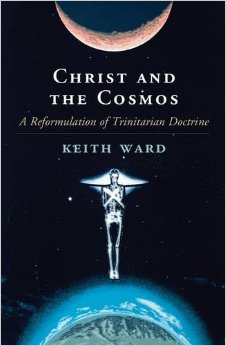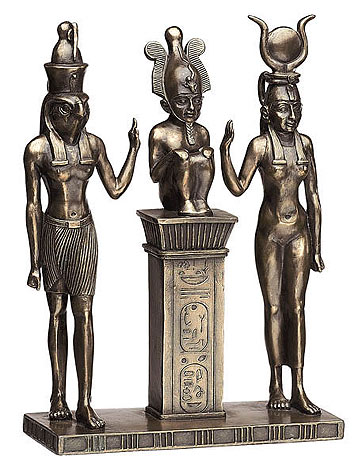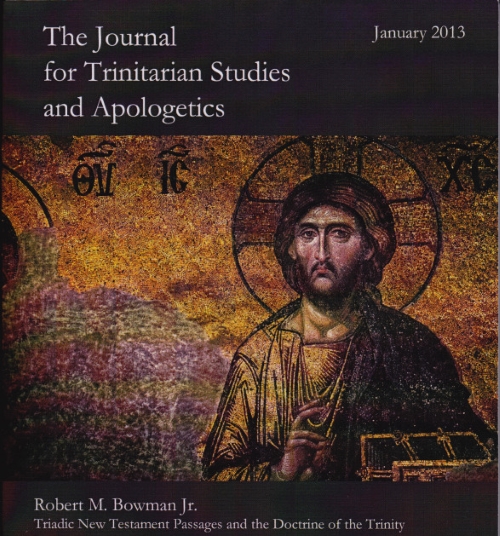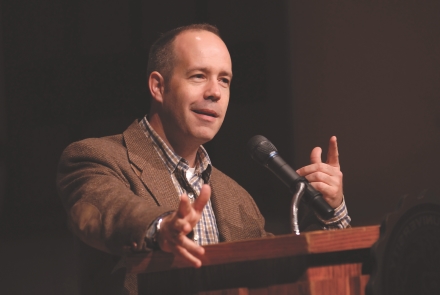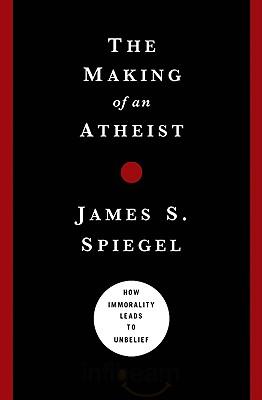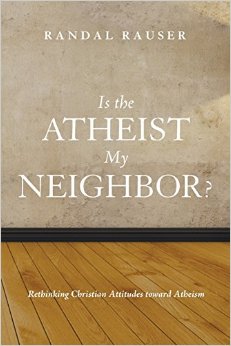10 steps towards getting less confused about the Trinity – #4 “same ousia” – Part 2
In this post – what did the bishops mean when they declared for the first time that Father and Son were the same ousia? You’ll want to have this list of interpretations from part 1 in front of you. Importantly, some of possible interpretations of ousia imply others, most notably, the problematic 1. 3 and 4 imply 1 (though not vice-versa). But 1 should be unacceptable to any… Read More »10 steps towards getting less confused about the Trinity – #4 “same ousia” – Part 2




